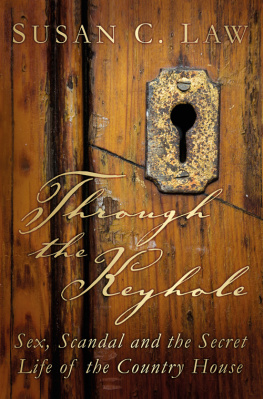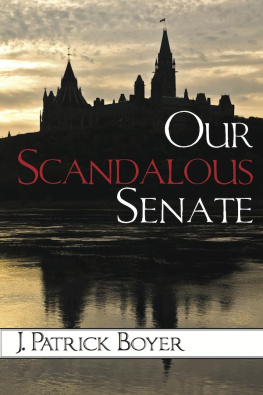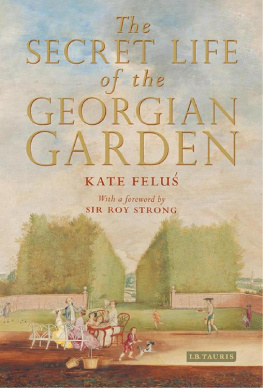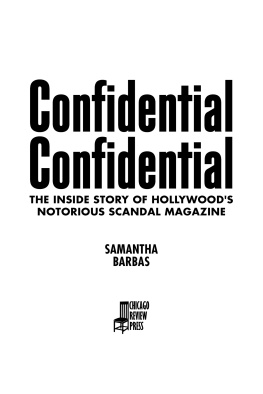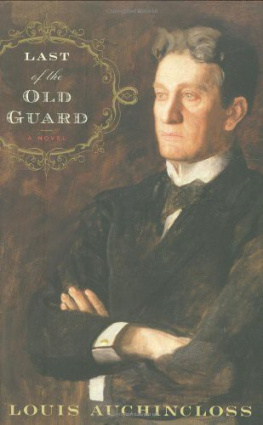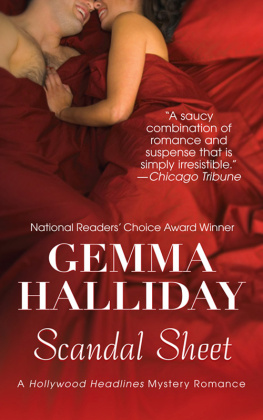
Researching this book has involved an extensive cast of characters , both living and dead. First, I should like to acknowledge the countless members of the Georgian aristocracy who have shared their lives with me during the past eight years. Second, I am indebted to the present Lord Cobham for access to papers held in the Hagley Hall private collection and permission to reproduce material from them; to the Earl of Denbigh for kind permission to quote from archive documents; and to Lord Ellenborough for his friendly interest in my research and the loan of family records. I would like to thank the following for permission to quote from their collections: The National Archives, Chatsworth House, Plymouth & West Devon Record Office, Bury St Edmunds branch of Suffolk Record Office, and Warwickshire County Record Office. I am also grateful to the staff at each of these archives and the Bodleian Library in Oxford, for their assistance with my research inquiries.
It has been a truly long and winding road which led to the production of this book, and along the way I have been lucky enough to draw on the support of numerous people who helped to make it happen. My thanks to academic staff and postgraduates of the history department at Warwick University, who shared a wealth of knowledge. And to my special brew Earl Grey for proving that a cup of tea can solve everything. I am grateful to all my friends and family who have each played their own unique part, especially my parents James and Penny for a lifetime of love and encouragement, and my husband, Clive Radford, whose steadfast support and home-baked bread have made it all possible.
CONTENTS
It was just after breakfast at nine oclock on a bleak winter morning when the housemaid Elizabeth Hopping hesitated by the parlour door, torn between apprehension and curiosity. A muffled thudding sound was coming from the adjacent room, echoing through the stillness of the old manor house. She crept towards the oak-panelled door, heart pounding beneath her stays, and swiftly crouched down to peer through the keyhole. There was no mistaking what was going on next door.
With a horrified gasp Elizabeth instinctively drew back. Her hands were shaking, and she pressed both palms flat against the smooth polished wood to steady herself as she bent her head for another look. On the far side of the parlour by the gilded oval mirror, Lady Abergavenny was leaning back against the hall door, her petticoats bunched up as high as the garters on her stockinged legs. Pressed up against her in a passionate embrace was her husbands friend Mr Lyddel, his coat unbuttoned, doing something that a man ought not to do. Dazed and shaken, Elizabeth scurried away down the back stairs, scarcely daring to think about what she had seen. She whispered her secret only to a laundrymaid, afraid that no one else would believe the shocking discovery.
Richard Lyddel, a very civil, modest, well-bred gentleman, living only seven miles from Lord Abergavennys country estate in West Sussex, was a regular visitor to the house, often riding over to stay for a week at a time as a welcome guest of the family. But as the months passed, suspicion grew among the servants about the unseemly intimacy between him and Lady Abergavenny. The house porter William Smith noticed that every time Mr Lyddel called, he was told by the mistress that she would not be at home to anyone else during his visit. Laundrymaid Mary Hodson saw the couple kissing at the window of an upstairs dressing room, then hurriedly closing the shutters, and on several occasions one of the housemaids was ordered to leave the room with the bed still unmade when Mr Lyddel came to her Ladys chamber.
By the autumn of 1729 , Matthews, who as his lords gentleman was entrusted with family business matters, was becoming increasingly worried that the couple were involved in a criminal correspondence. During the week of October he was dealing with the engrossing of tenants leases, working in an apartment beneath the White Room where Mr Lyddel was staying. Seated at his usual writing table, he was absorbed in the task when a sudden noise from above made him stop abruptly halfway down a page, quill poised over the inkwell. He could plainly hear a mans voice and the sound of the bed creaking in the White Room, and rushing out onto the main staircase he saw Mr Lyddel appear and call for his man. Running as hard as he could, Matthews found one of the house servants and told them to send up the valet, then ran up the back stairs through the long gallery just in time to see Lady Abergavenny emerging from the White Room looking very red and disordered. The next morning he again heard noises in the room above and, determined now to find out the truth, dashed up the back stairs, along to the end of the gallery, and removing his wig lay down out of sight to wait. Shortly he heard the bolt drawn in the White Room and Mr Lyddel appeared, looking around furtively, then the mistress came out carefully spreading her petticoats to prevent the silks rustling.
On Thursday of that week he heard similar suspicious noises in the bedchamber and decided to report the matter to Mr Osman, the house steward, as he could not bear to see his lord betrayed in this fashion. On Friday and Saturday morning the two men waited together for the lovers to meet, and both heard the White Room bed creak, the door unbolted and saw her ladyship come out holding up her petticoats as before. With such clear evidence now of a clandestine liaison, they knew Lord Abergavenny had to be told the truth; they initially asked his mother if she would break the terrible news, but she was too upset to confront him. Eventually on November Mr Day, a neighbour and relation who managed the family estates in several counties, agreed to take on the difficult task and asked his lordship to take a walk in the fields with him as he had something to discuss. Clearly alarmed by his grave manner, Lord Abergavenny pressed him to speak out at once, and when he heard what had been going on between his wife and Mr Lyddel was at first too shocked to believe that his close friend could have done such a thing. But faced with the facts of his wifes blatant infidelity, he agreed that the pair had to be surprised in the very act of adultery as final, incontrovertible proof.
At six in the morning on November, Matthews, Mr Osman and Mr Day all squashed into a closet adjoining the White Room where Mr Lyddel slept and settled down to wait. Suddenly at nine oclock they heard a noise, and peering through the keyhole Mr Osman saw her ladyship enter the room, slip over to the bed and say in a low voice, I cannot stay with you now. Uncertain if she had left the bedchamber, they waited impatiently for a few more minutes to see what would happen next. Then, hearing sounds within, Matthews cautiously opened the door, and the three men tiptoed softly to the bedside and flung back the curtains.
Startled by the sudden intrusion, Mr Lyddel, wearing only a shirt, froze and cried out, Oh God! Lady Abergavenny lay there beside him on her back in a very indecent posture, with her naked legs exposed. Even more shocking, she was heavily pregnant. Dear Matthews, do not ruin me. Do not ruin me, she begged, hastily trying to cover herself. Matthews told her they had been sent at her husbands direction, and to Mr Lyddel said in disgust, Sir, I thought you would not have been guilty of so foul an act. Mr Osman said, For you Sir, to come so frequently, in such a shew of friendship, and to wrong his Lordship after such a manner as you have done, is a crime for which you can make him no satisfaction. Mr Lyddel replied, It is very true, I can make no satisfaction, and offered to take his horse and ride away, and never return to the house again. But they locked him in the room alone, and when Lady Abergavenny sent a servant to check on him later that morning he was full of remorse and greatly agitated, exclaiming, I am a vile wretch; for Gods sake do not speak to me. Matthews set off immediately for London to instruct the family lawyer Mr Staples, and he swore an affidavit so that legal proceedings could be started against Mr Lyddel for criminal conversation.
Next page
